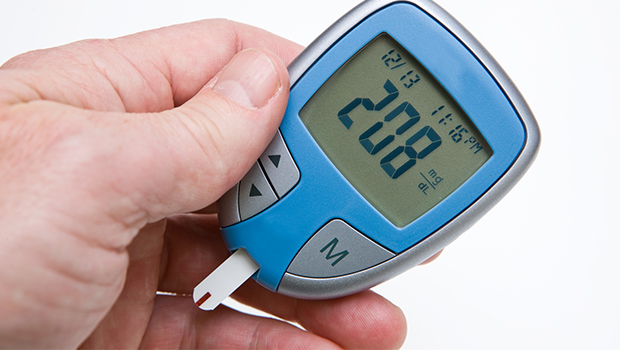Niacin Ups Risk of Diabetes

Update (4/18/2016) – The FDA has pulled approval for niacin to treat high cholesterol. According to federal regulators, the “FDA has determined that the benefits of niacin ER tablets and fenofibric acid DR capsules for coadministration with statins no longer outweigh the risks, and the approvals for this indication should be withdrawn.”
Before statins, niacin (Vitamin B3) was a go-to option to lower the risk of heart attack or stroke. Its popularity was built on data that suggested that it could lower overall cholesterol levels. Now a new UK study suggests that this therapy may up the risk of developing Type 2 diabetes.
The new study analyzed data from 11 previous niacin trials that took place from 1975 – 2014, according to David Preiss, a Senior Clinical Research Fellow at the University of Oxford. Researchers poured over health data from 26,340 patients over 39 years.
“We went through all studies that have ever been conducted using niacin to collect the information we were seeking; and where the information was not available we contacted those who had run the various studies to ask for the relevant information,” Preiss said.
Prior to the study, it was known that niacin therapy caused an increase in blood sugar levels among patients with Type 2 diabetes. Researchers also assumed that those without diabetes taking supplements of the vitamin were at a higher risk for a similar rise in blood sugar, which could raise the risk of new-onset diabetes.
The results of the analysis confirmed that theory. 725 participants who took niacin developed diabetes, while only 646 who took a placebo developed diabetes. A risk ratio used by the researchers also found that niacin use increased the user’s risk of developing diabetes by 34 percent.
This study builds on other studies showing risks of using niacin. Two key studies over the last five years showed that large supplemental doses of niacin did not prevent heart attack. Researchers also have found that adding large amounts of niacin to one’s diet can also increase the risk of infection and facial flushing.
The researchers are unsure why excessive amounts of niacin cause an increase in blood sugar levels, and they say that further work is being undertaken to understand this relationship. For now, the researchers from the study hope that doctors take the potential risks into consideration before prescribing niacin.
It should be noted that lower doses of niacin actually can lower cholesterol, aid digestion, and help maintain a healthy nervous system. Most people get all the niacin they need in their diet or in a multivitamin, and are at no risk of taking too much and risking negative health outcomes.
Want more news on Type 2 diabetes? Subscribe to our newsletter here.





